Analysis and Evaluation of Business Ethics Case Study
VerifiedAdded on 2021/06/15
|14
|1065
|13
Report
AI Summary
This report provides an in-depth analysis of a business ethics case, examining ethical principles such as integrity, honesty, and responsibility within a business context. The report outlines ethical decision-making models, including the RELECT and ETHICS models, to address ethical dilemmas. It identifies key stakeholders, such as employees and financial accountants, and assesses the impact of ethical issues like non-payment of minimum wage and the absence of formal employment contracts. The responsibilities of a financial accountant in ensuring ethical compliance are also discussed. The report concludes by emphasizing the importance of adhering to ethical principles for businesses to avoid ethical issues. The report includes references to various academic sources to support its arguments.
1 out of 14
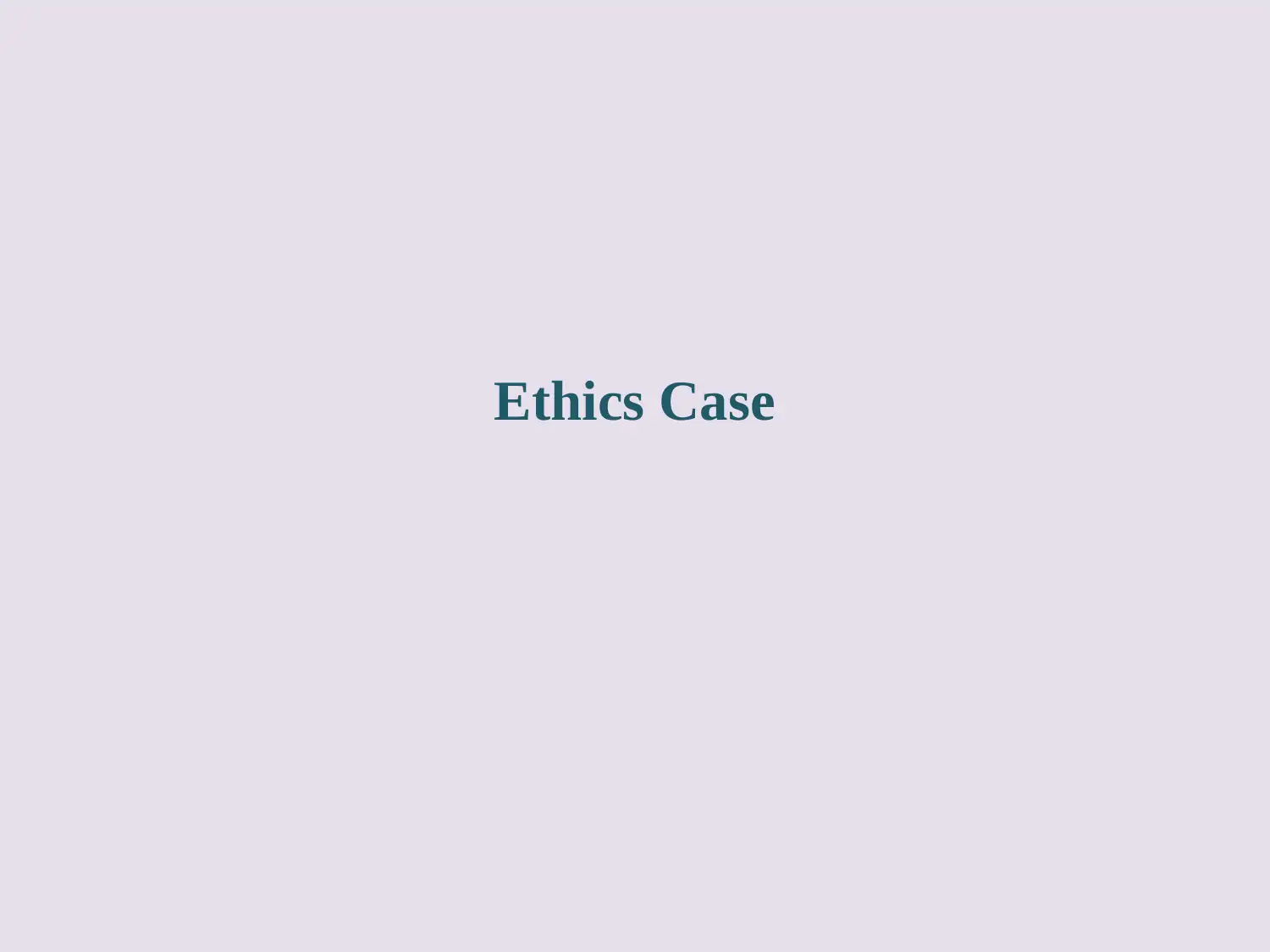
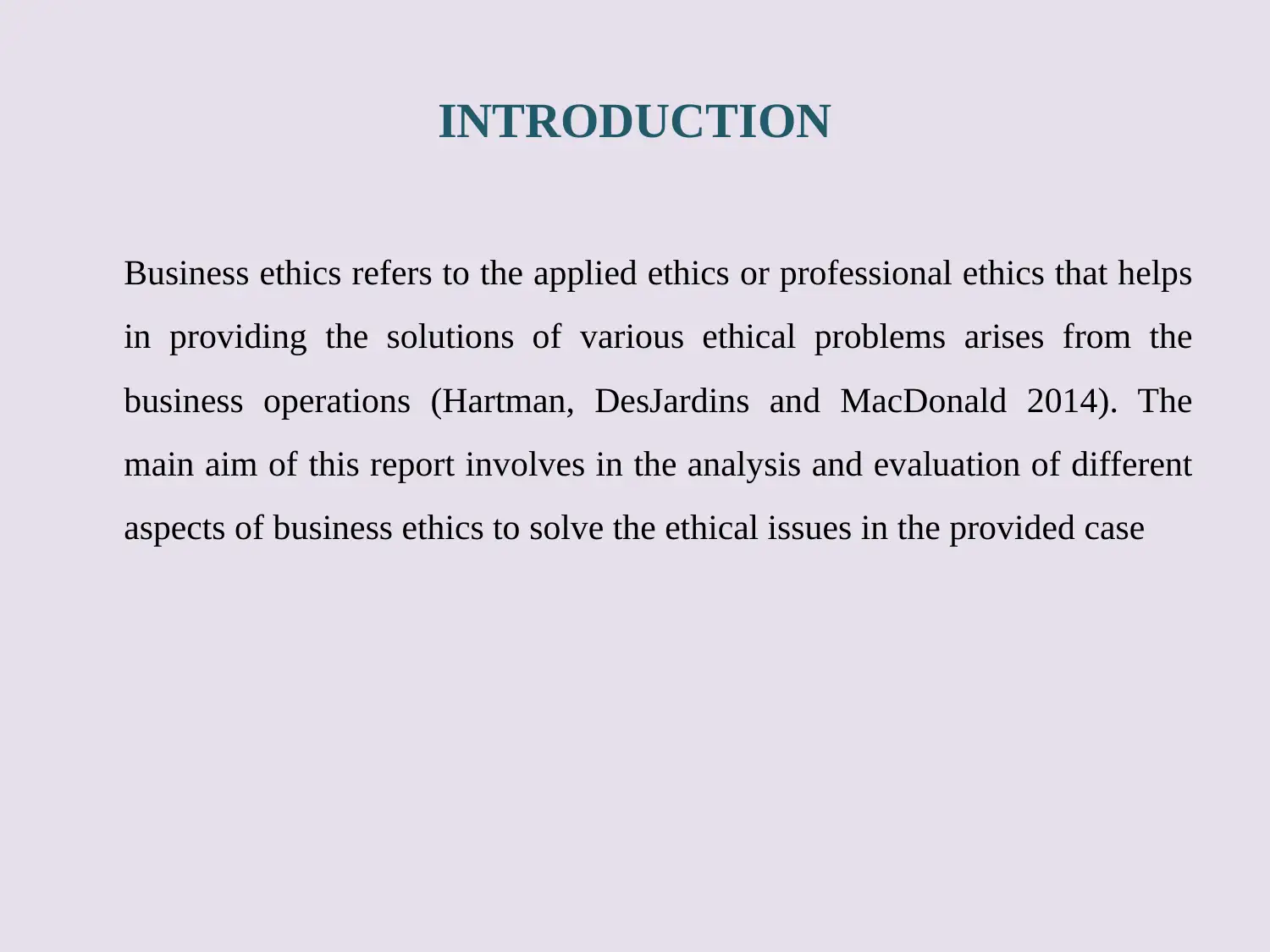
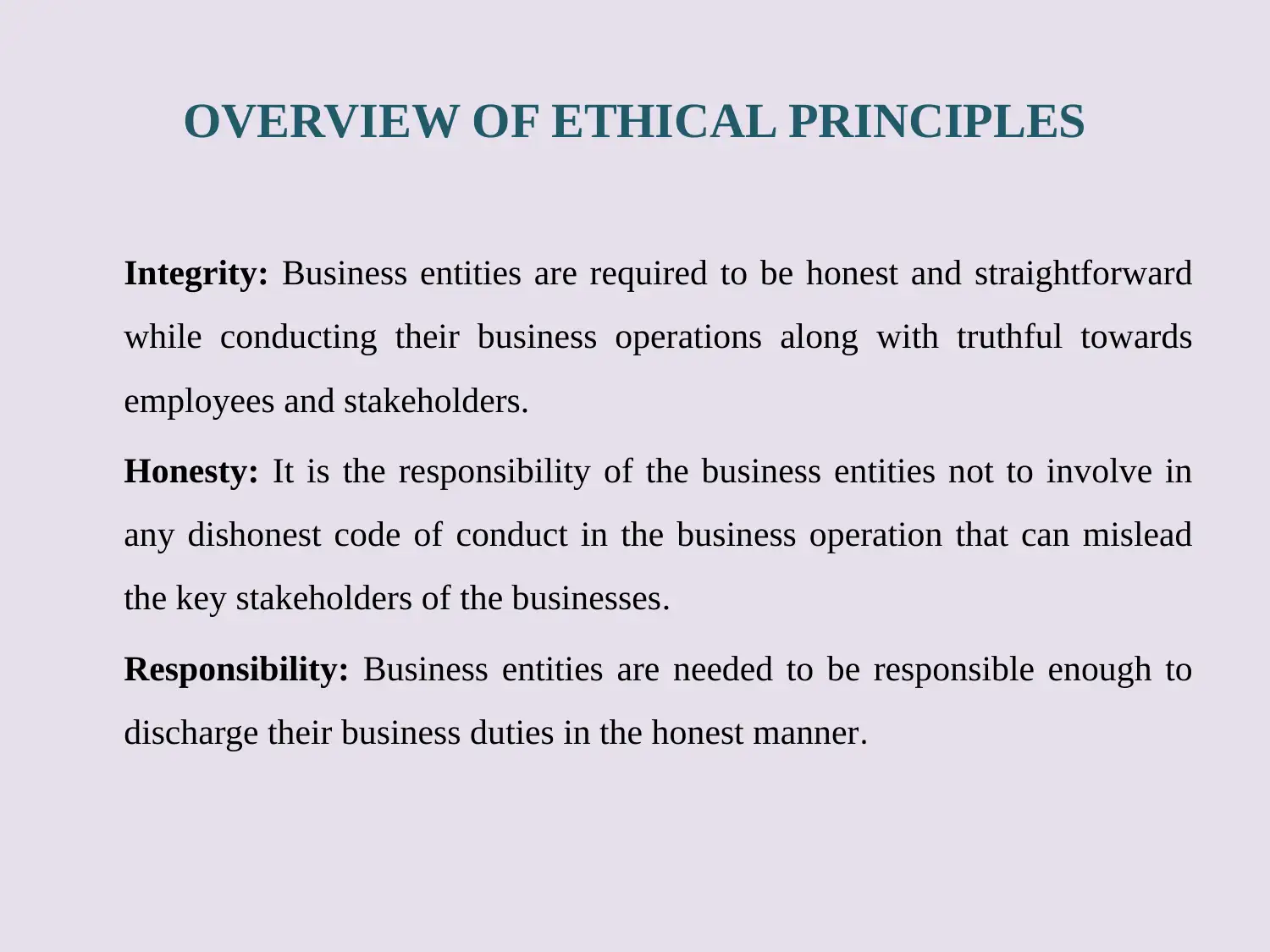
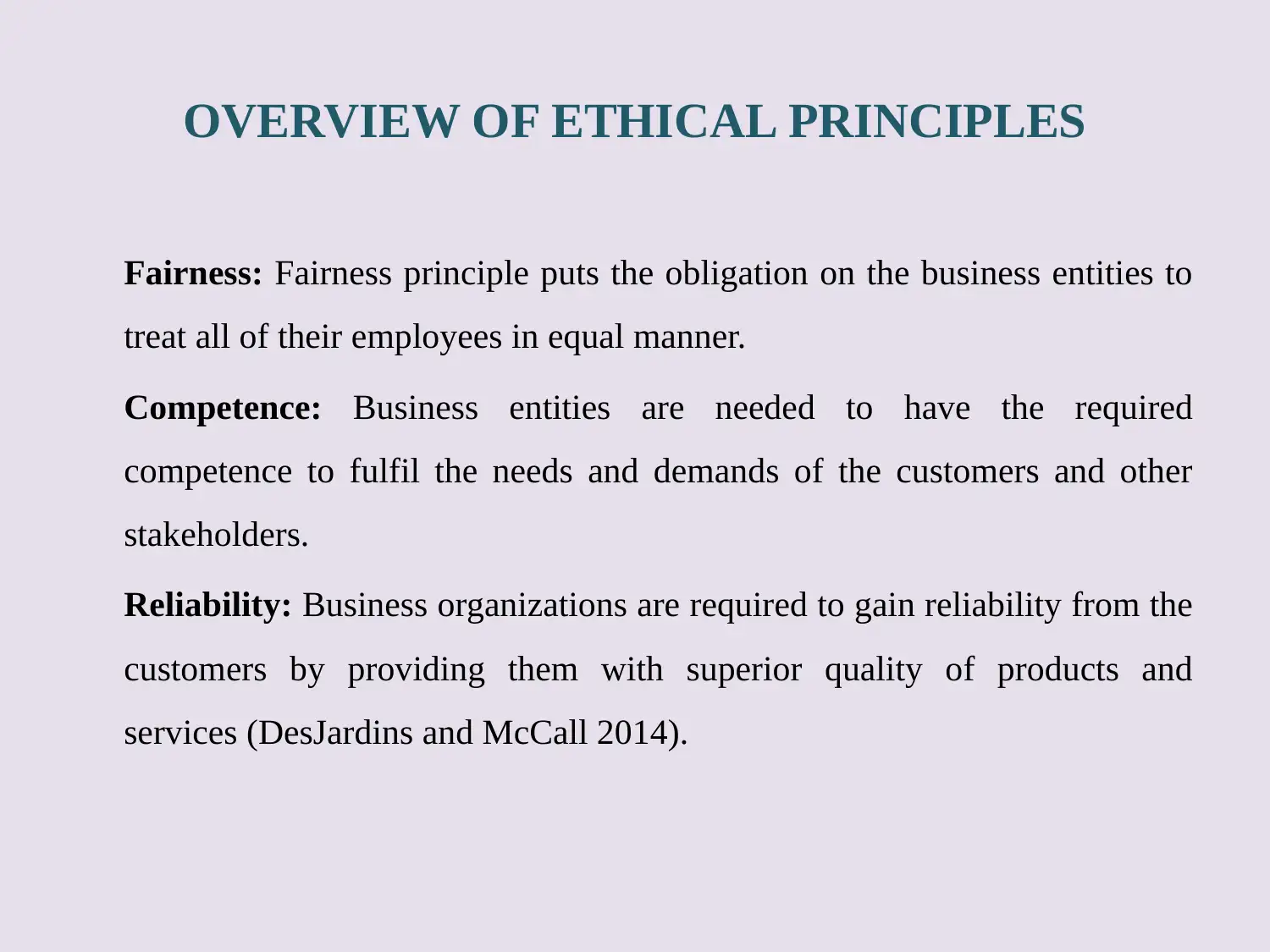
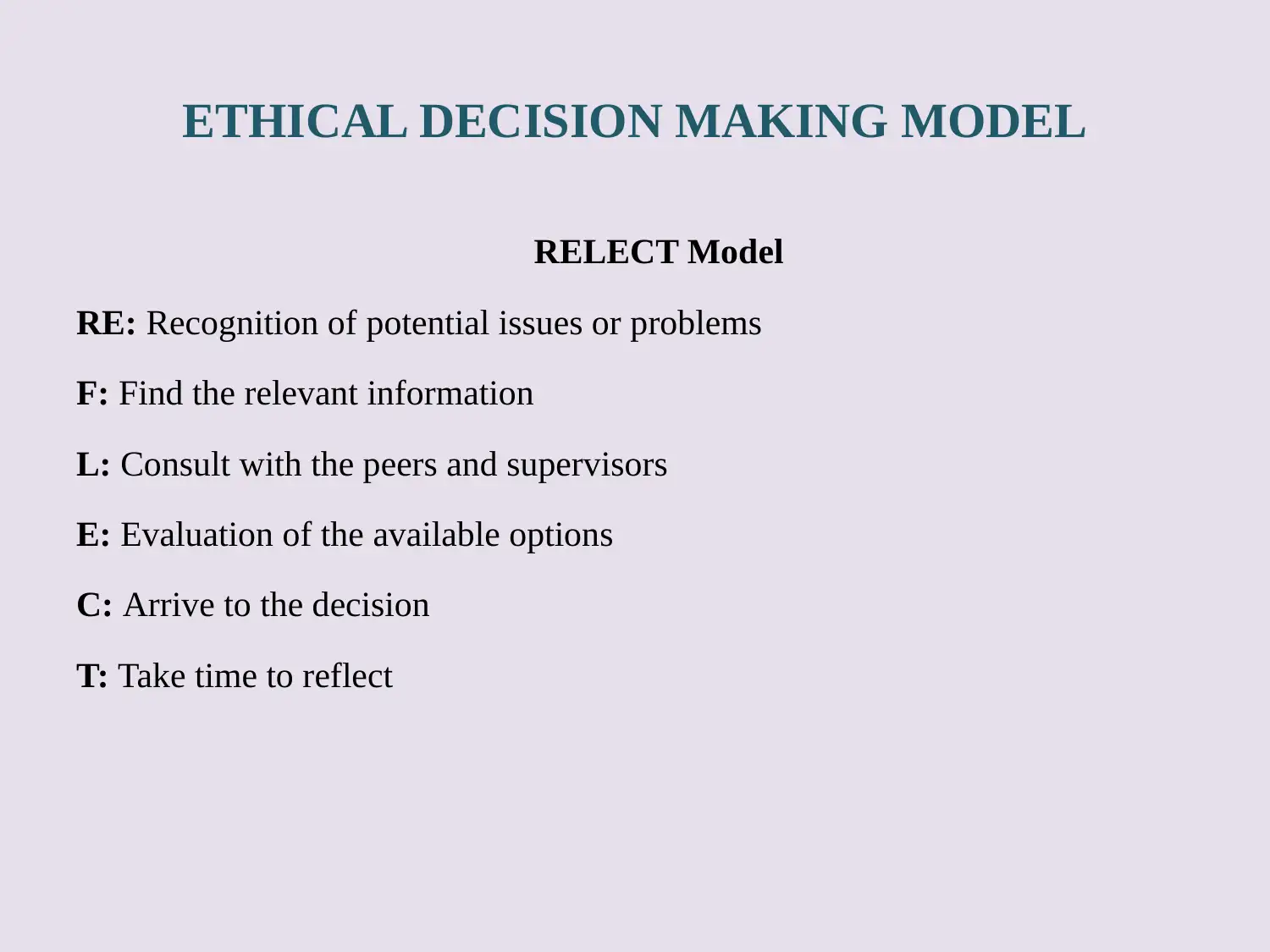
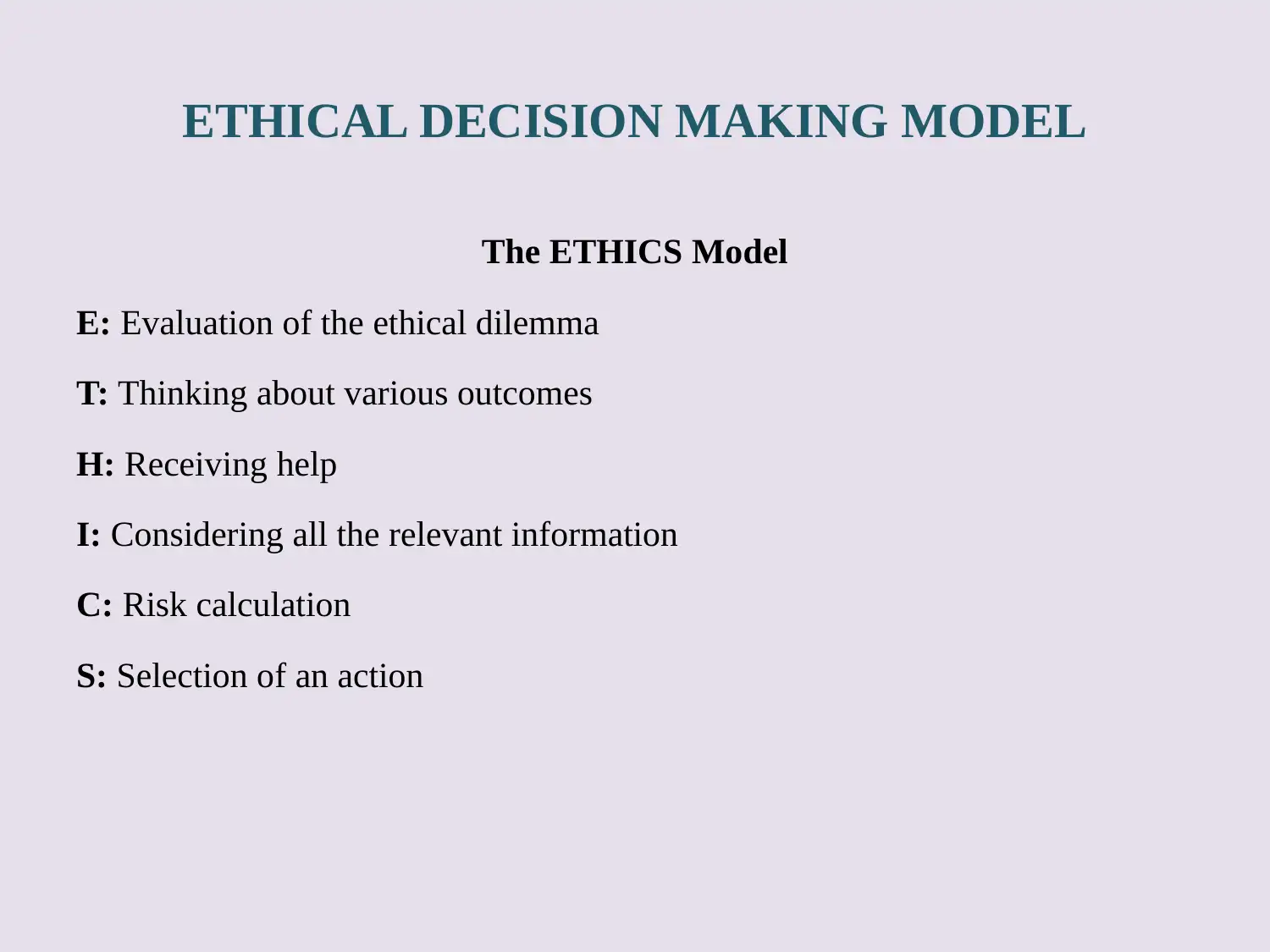
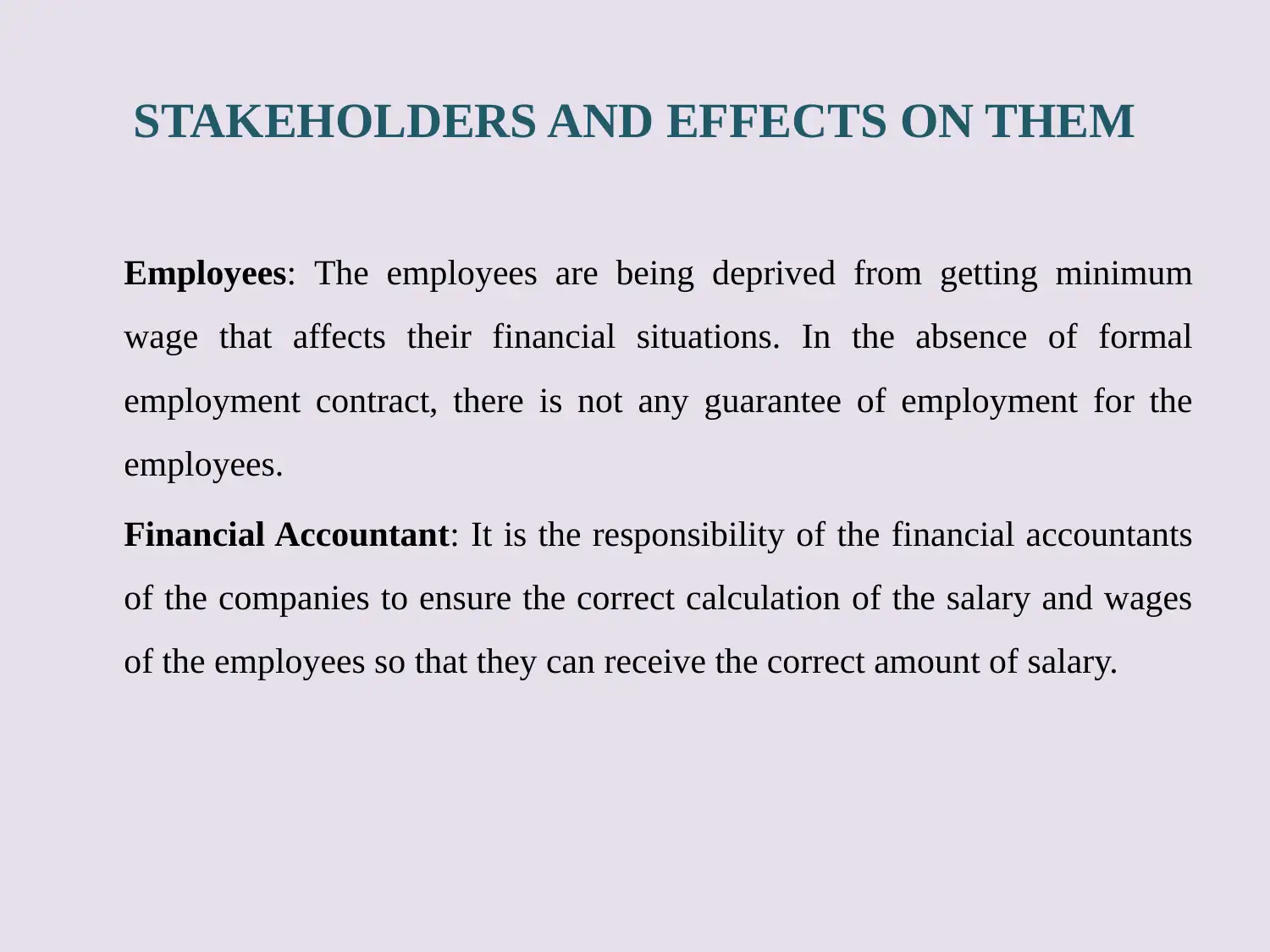
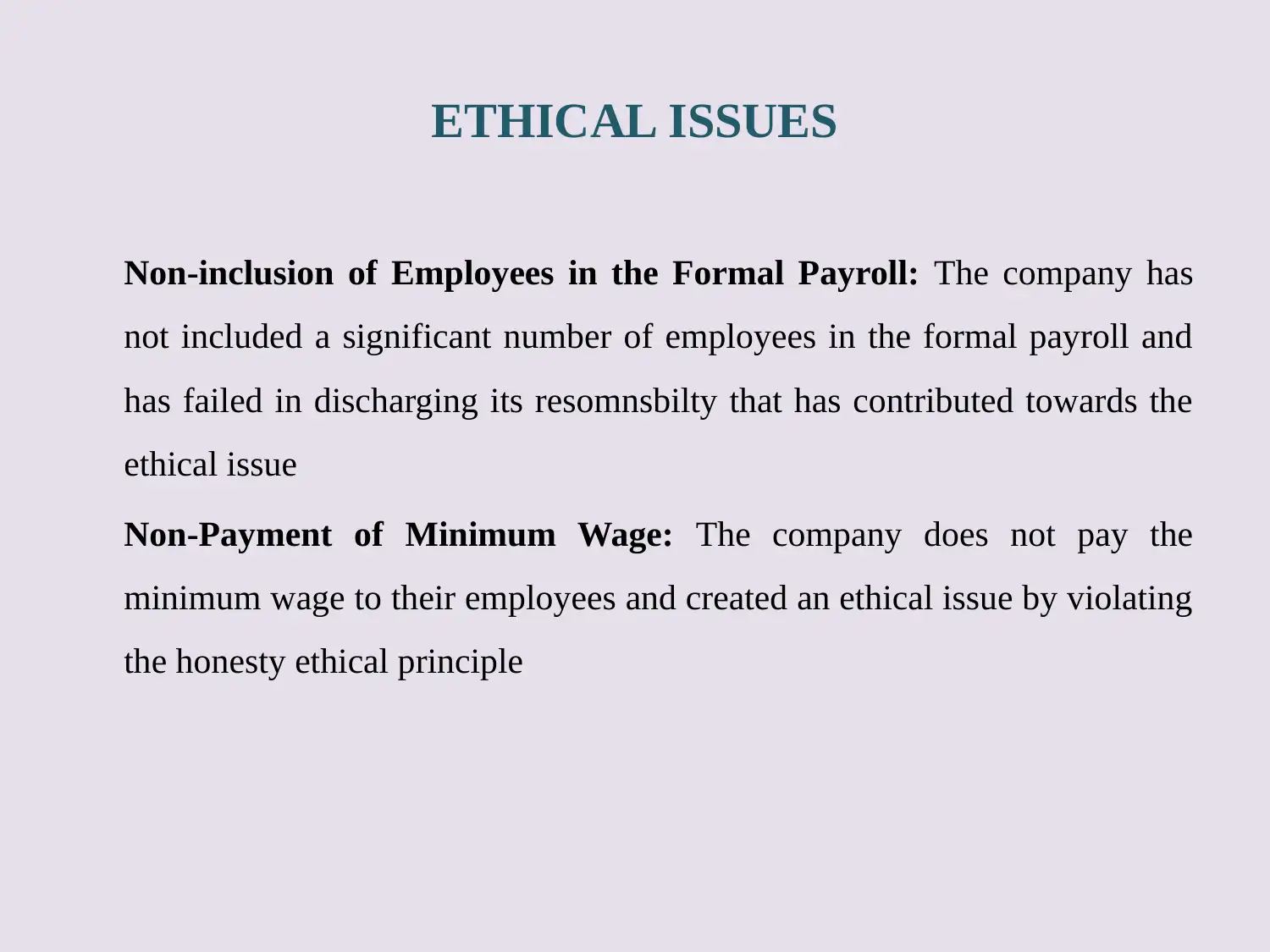
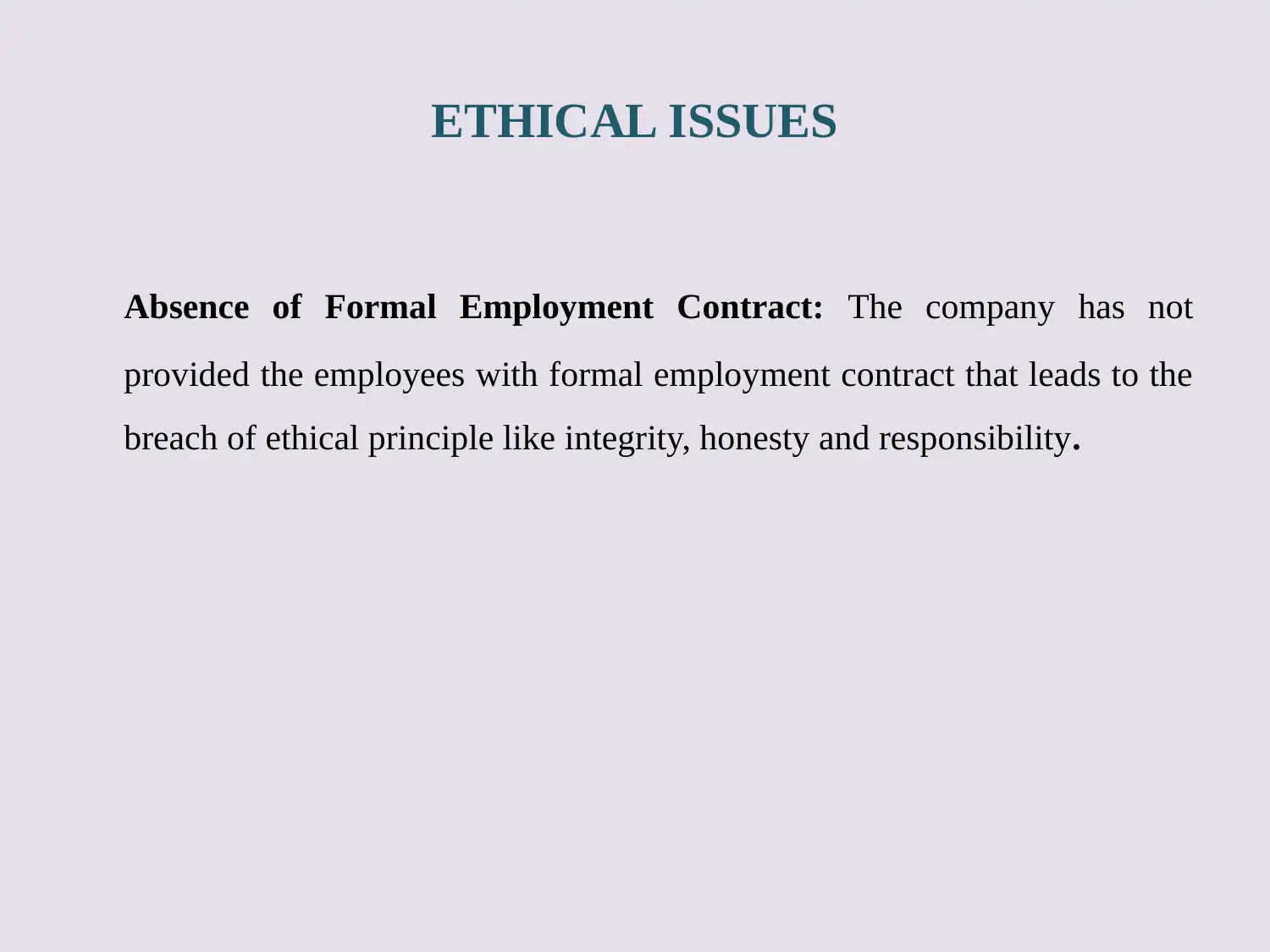
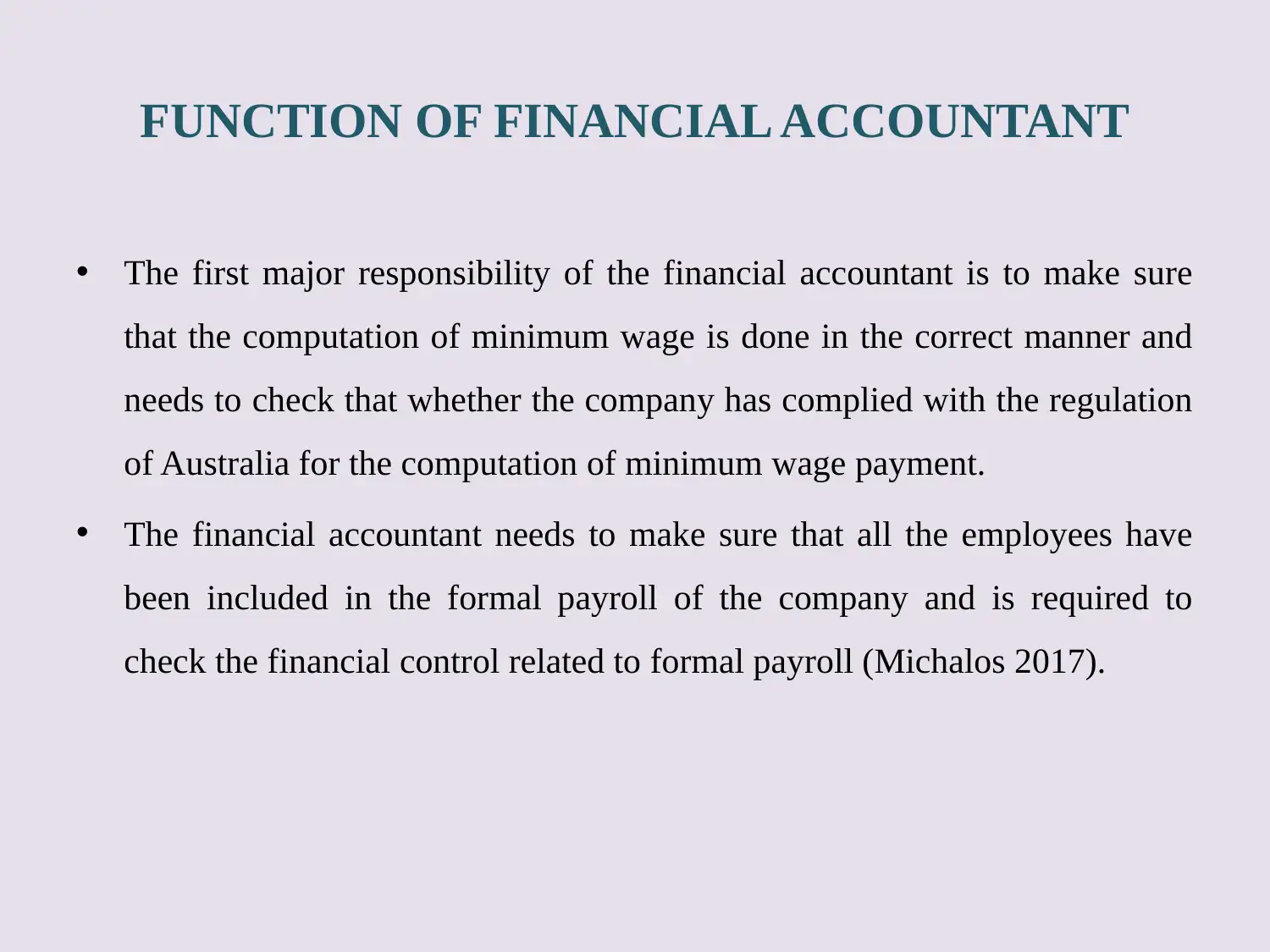
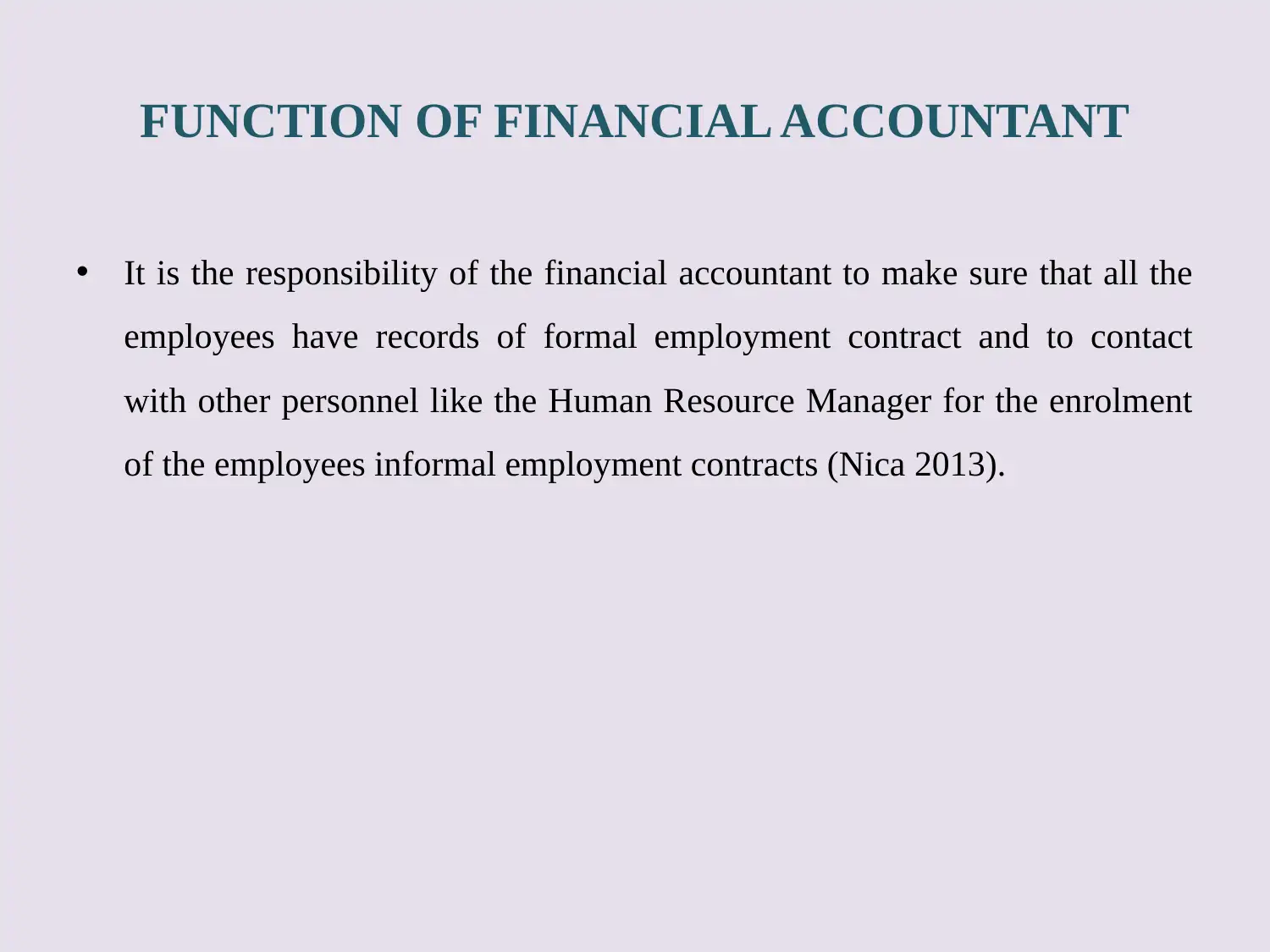
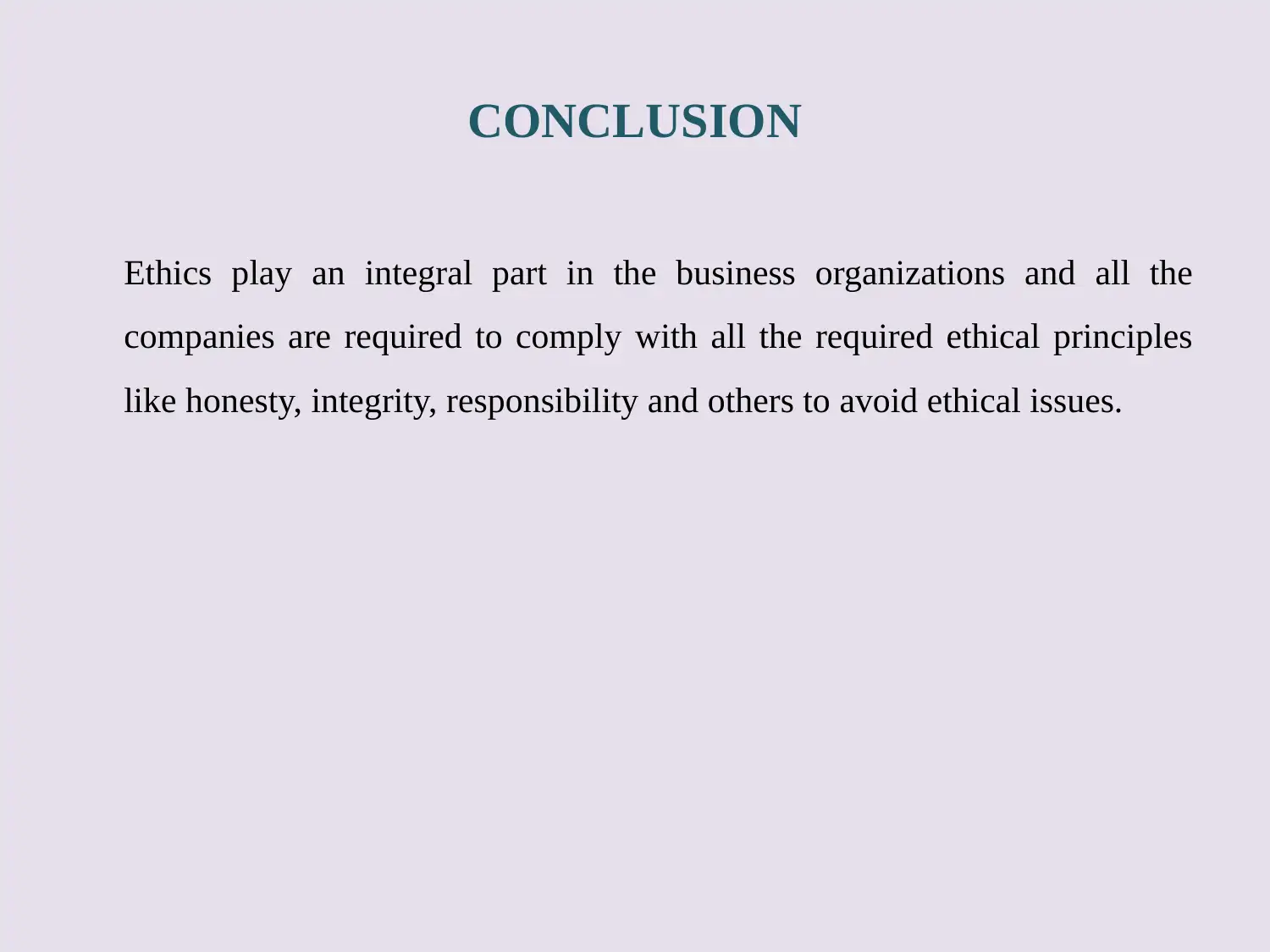
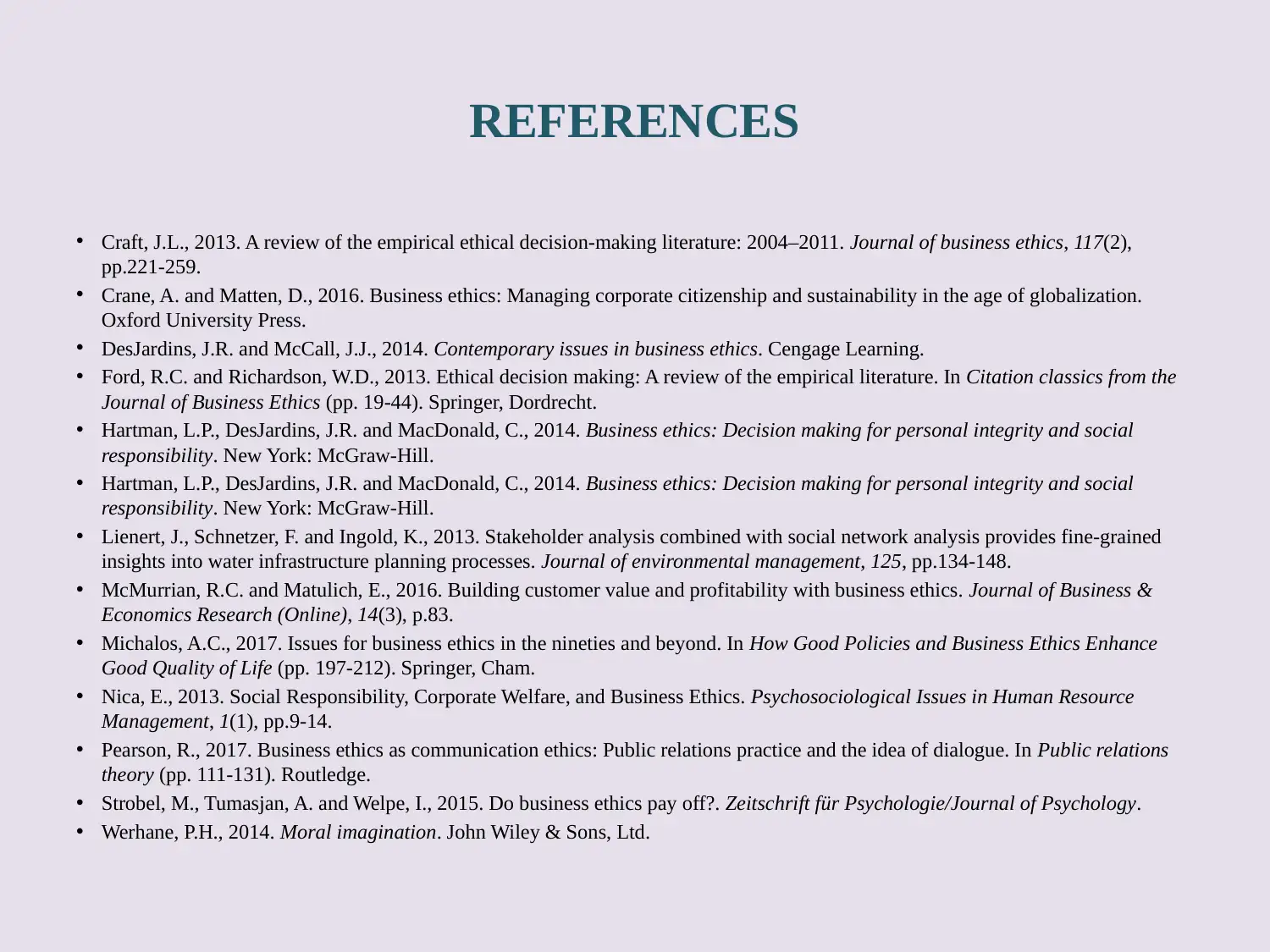







![[object Object]](/_next/static/media/star-bottom.7253800d.svg)